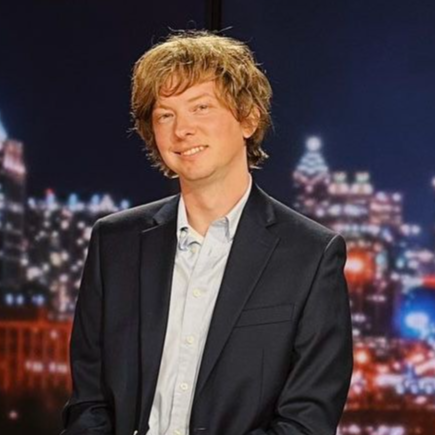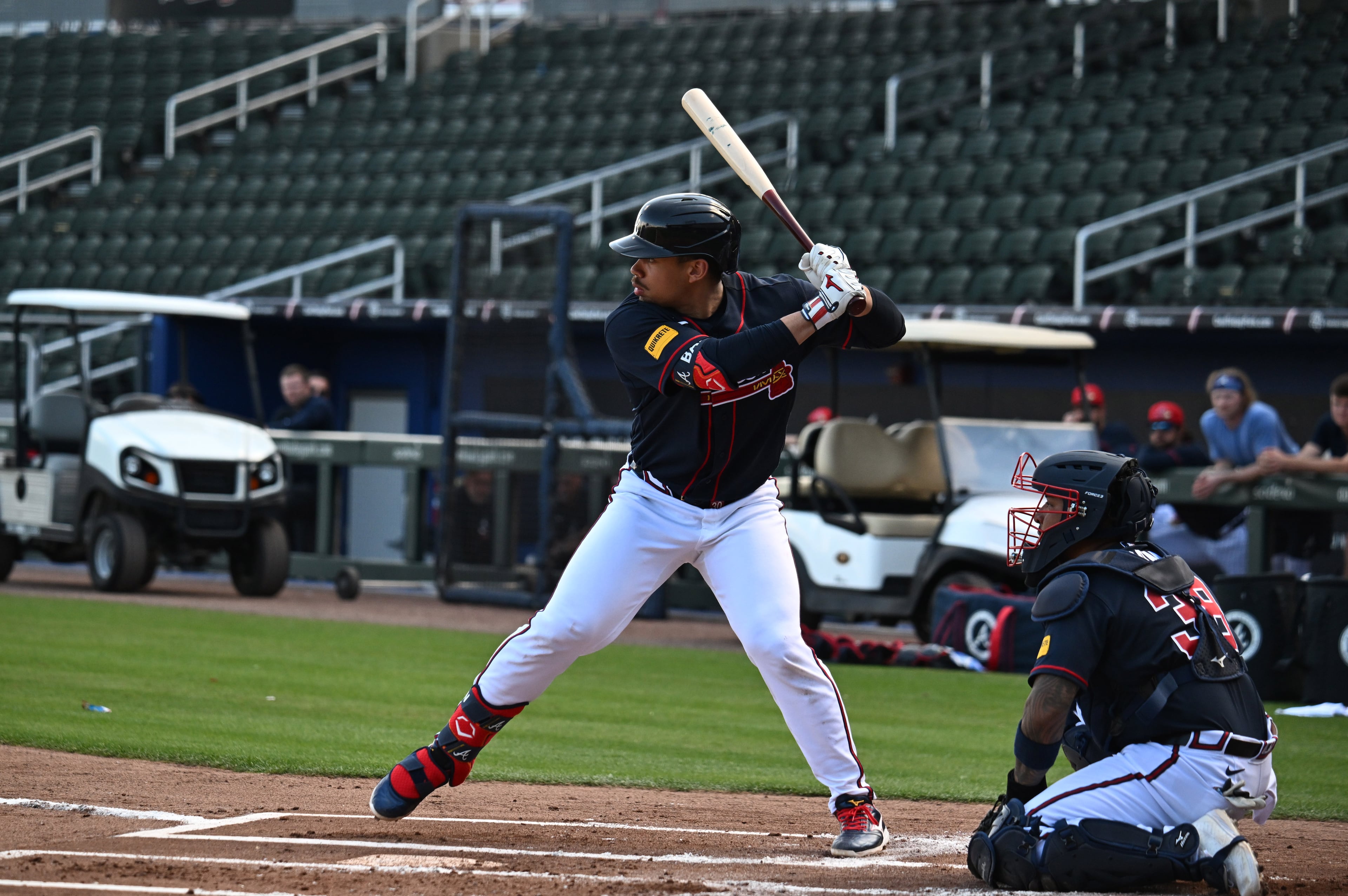Mock drafts connect Braves with college talent in next month’s draft

While the MLB season is in limbo, the draft is still scheduled. Well, part of it.
This year’s draft will last only five rounds — opposed to the usual 40 – and undrafted players can be signed for a maximum bonus of $20,000, which is expected to prompt most of the top-tier talent to return to school.
The draft, which will be held remotely instead of in Omaha, Neb., is set for June 10-11. The Braves won't be very busy, holding only two picks in the top 100 — 25 and 97. They sacrificed second- and third-rounders to sign Will Smith and Marcell Ozuna, respectively, and recouped a third when Josh Donaldson signed with the Twins.
Short-handed, the Braves need to nail their picks. They don't have the international market to supplement the system because of MLB-issued penalties for previous malpractices, and the lower part of their minors isn't what it was several years ago.
The Braves are positioned as a strong destination spot for undrafted free agents given their recent and historic success, development infrastructure and ties throughout the South. But many players will opt for school, and those who don’t will essentially be recruited by MLB teams.
In last year's draft, the Braves used a top-10 pick on Baylor catcher Shea Langeliers, who they hope will be their backstop of the future. Later in the round, they took Texas A&M infielder Braden Shewmake, who was generally considered a safer choice and projects as a utilityman.
As for what the Braves could do at No. 25 next month, a few recent mock draft projections:
Baseball America (subscription): The authority on the draft has the Braves returning to Baylor for shortstop Nick Loftin. A junior, Loftin has steadily improved across his collegiate career and commonly is regarded as one of the top college infielders in the class.
Loftin has hit .316 in his college career, with his slugging percentage leaping from .441 as a freshman to .585 in his shortened junior campaign. His encouraging offensive growth, along with above average defensive play, could make Loftin a safer pick in the same vein as Shewmake.
MLB Pipeline: Jim Callis connected the Braves with Auburn righty Tanner Burns, who's vying to become the second Tigers pitcher to go in the first round in three years (Casey Mize went No. 1 in 2018). Burns was Gatorade's Player of The Year in Alabama in 2017, but opted to attend Auburn. He struck out 15 hitters during a game in his sophomore year, tying the school record also achieved by Mize and former Braves starter Tim Hudson.
Callis said the following on Burns: “Burns combines solid stuff with strike-throwing ability and a track record of performance in the SEC, and he could be one of the first college starters to reach the big leagues. The Braves also have interest in (prep right-hander Nick) Bitsko, but their $4,127,800 bonus pool would make him a difficult financial fit.”
ESPN (subscription): Kiley McDaniel gave the Braves a hard-throwing prep righty in Justin Lange, who has one of the best fastballs in the class. McDaniel praised Lange's raw talent, mentioning his velocity has hit triple digits (maxed out at 101). Teams don't have as much background on him, according to McDaniel, which makes him a riskier choice under these circumstances.
Selecting a prep pitcher would return the Braves to their roots. Scouting director Dana Brown went college-heavy last year, but given that was the first draft under his leadership, we’ve yet to identify trends. Most mocks have linked the Braves with collegiate talent.
CBS Sports: Mike Axisa paired the Braves with right-hander Bryce Jarvis from Duke. His father, Kevin, played for 10 teams across a 12-year MLB career. Jarvis boasts a four-pitch arsenal and is considered a fringe first rounder by most scouting resources.
CBS analysis: “Jarvis jumped into the first-round mix this spring after showing improved velocity and throwing the first perfect game in Blue Devils history. Last summer he trained at Driveline Baseball, a popular data driven independent training facility frequented by big leaguers, which surely contributed to the velocity gains. Teams would have liked to have seen whether Jarvis held that improved velocity all spring, but what they saw before the shutdown was pretty good. He's a candidate for a below-slot bonus because he'll be 22 1/2 on draft day.”



